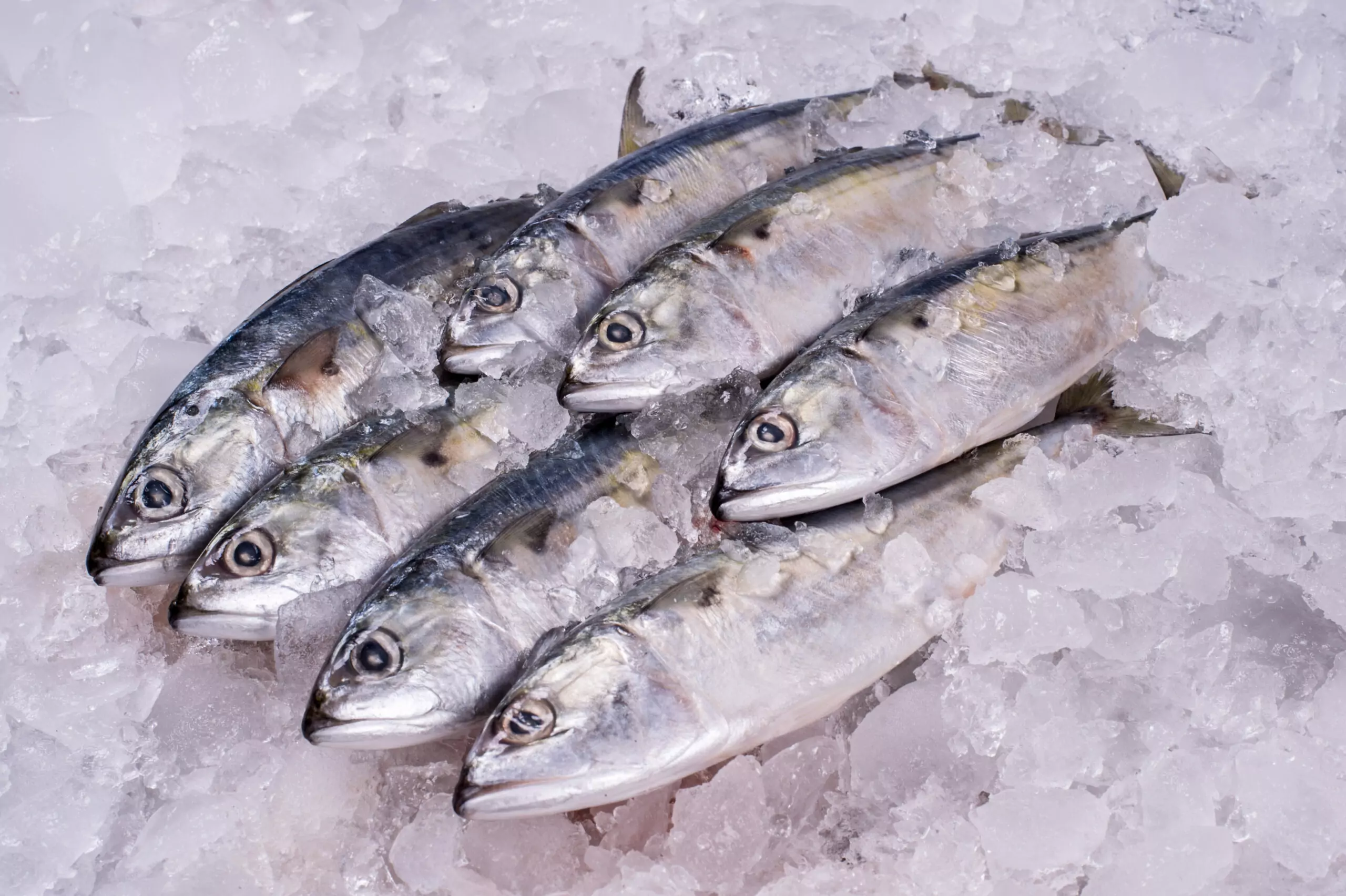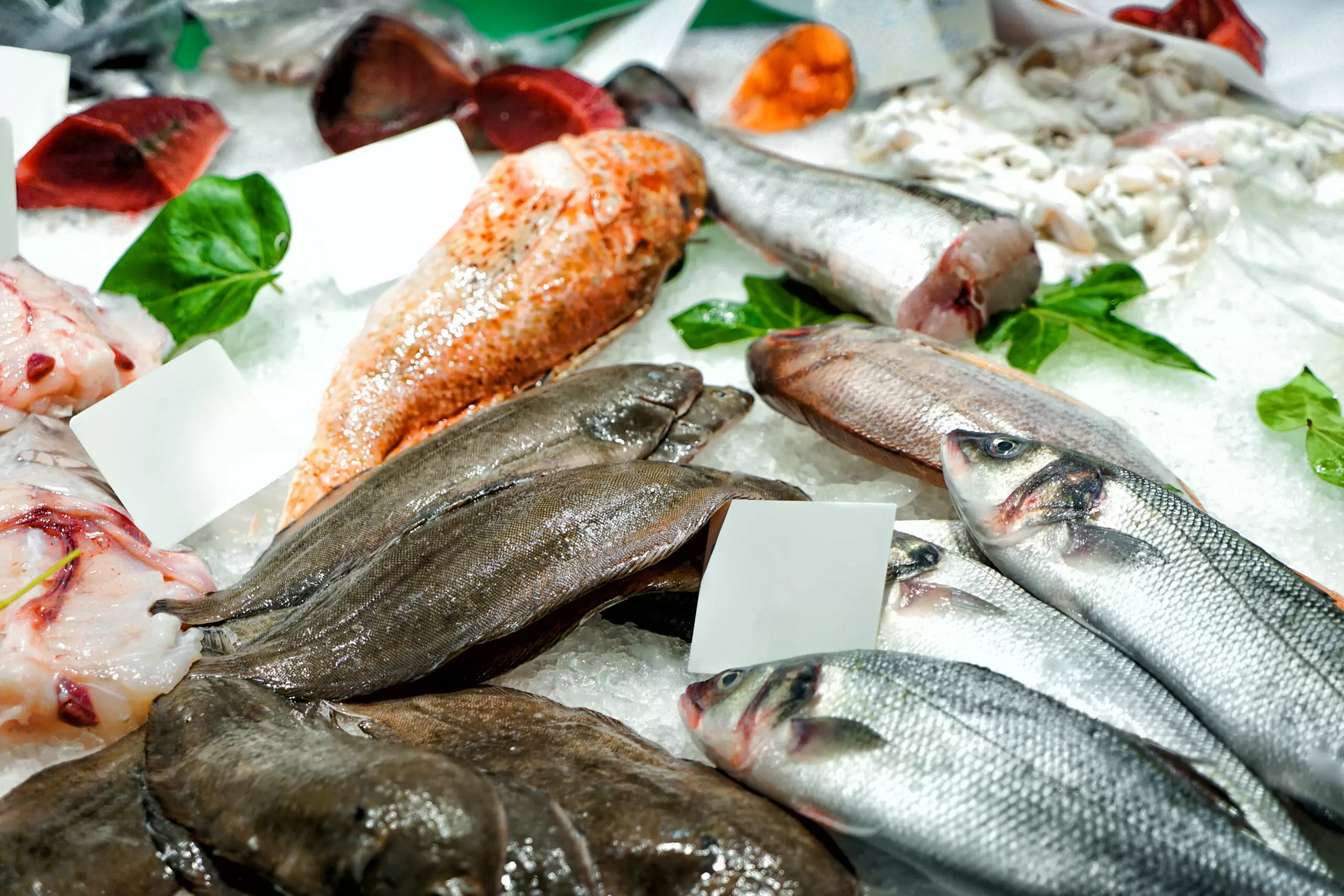On this special Friday we are celebrating love. We will spend it appreciating our significant others, our friends and family, and ourselves. On this Valentines Day, I find myself thinking about all the creatures who deserve our love, but don’t often receive it. At the forefront of my thoughts, due to recent world events, is the white shark. The white shark is a magnificent marine animal that is more often feared than loved. Yet they are in desperate need of our affections, as we often protect what we love.
Many people view white sharks as killing machines. The movie Jaws helped instill a lasting terror in many people, using the image of a toothy shark waiting beneath the waves for surfers. Indeed, white sharks have evolved over millions of years to become the perfect predator. They are physically terrifying – an 18 foot long hydrodynamic body layered with powerful muscles, topped off with rows upon rows of razor sharp teeth. They are most certainly not cuddly or cute. But it is for this very reason that they need extra love, especially right now.
In Western Australia (WA), seven people have been killed by sharks in the last three years, five by white sharks. This scary fact has led the WA government to declare a culling of sharks to protect swimmers, surfers, and divers. The decision has horrified marine conservationists and shark enthusiasts in numerous countries worldwide, as it directly conflicts with the ongoing global effort to conserve a declining population of sharks. People all over the world are peacefully protesting against the needless killing, sending a message of their love for sharks for everyone to see.
Let me count the ways
White sharks are what we call apex predators. They keep our ecosystems in balance by eating fish and marine mammals. They quickly pluck off the sick and diseased animals that might otherwise infect entire populations. If white sharks were to disappear from our oceans, the results would be devastating for marine ecology. They are the threads that hold together the intricate tapestry of the marine environment, and without them everything begins to unravel.
On the California coast, white sharks grace the waters of the “red triangle” during the fall of every year. They have a particular taste for the blubber of the massive elephant seals along our coast and they actively hunt them in a tight triangle between Point Reyes, Ano Nuevo, and the Farallon Islands. Each one of these locations is host to elephant seal colonies, where they haul out on land to mate and give birth.
Imagine if white sharks on the California coast suddenly disappeared. Surfers would certainly rest easier, knowing the cold and murky waters contained no life-threatening predators. Yet the marine ecosystem would be in extreme danger of collapsing. With little regulation of their numbers, the elephant seal population would explode. Tens of thousands of the sleek pinnipeds would efficiently hunt down all the sardines, anchovies, and herring. Forage fish populations would collapse under the extra pressure. Whales, seabirds, and other marine life that feed on these fish would suffer from starvation and move on to find other food sources. The elephant seals themselves would eventually run out of food and begin starving. The economy of coastal cities would suffer as whale watching cruises would yield few to zero sightings and fishermen would catch fewer and fewer forage fish.
In Western Australia, there is concern that fewer sharks will result in more stingrays. Stingrays eat scallops – so increasing numbers could diminish the local scallop population. Scallops are an important commercial fishery in Western Australia, one that brings in millions of dollars for the country every year. Ironically, the biggest scallop fishery takes place in an inlet called Shark Bay. By hunting and killing sharks, WA may be harming the future of their own fisheries.
Fisheries are not the only industry that could be affected. White sharks are a huge draw for ecotourism, as is a pristine natural environment. It is difficult to predict what trickle-down effects their dwindling numbers could have on reefs and fish populations, but biologists would unanimously agree that entire ecosystems would suffer.
Striking facts
According to National Geographic, sharks killed 12 people worldwide in 2011. You are more likely to be killed by a car accident, a lightening strike, the flu, a bee sting, drowning, even a falling coconut (15 times more likely on this last one!). In stark contrast, it is estimate that humans kill 11,417 sharks per hour worldwide. This is an extremely unsustainable number. The fact that there are some governments willing to employ people to go out and kill white sharks is irresponsible, short sighted, and potentially ecologically and economically devastating.
Humans take on a certain responsibility when we step into the ocean’s domain. Swimmers, surfers, divers – we all must understand that we can’t have the ocean all to ourselves. We need to share it, protect it, and love it for everything it is, rather than trying to shape it into something it is not. It all ties in with having respect for nature. With that respect, nature provides us with amazing opportunities for ecotourism, thriving coastal economies, and bountiful seafood.
All animals in an ecosystem are connected and nature has taken millions of years fostering and refining these connections. When one species is affected, the entire system is thrown out of balance. White sharks are essential for our oceans. They are at the same time awe-inspiring, terrifyingly magnificent, and intriguingly mysterious. We study them intensely, yet we have never seen one give birth nor have we ever seen them mate. We fear sharing our coastal waters with them; yet is it not more frightening to imagine white sharks disappearing altogether?
Worldwide love for sharks
Thousands of people have appeared at rallies in Western Australia to protest the cull, many boasting signs saying “S.O.S. – Save Our Sharks!”. Over the next couple of weeks there will be a global outpouring of protests against the cull and for protecting sharks. Supporters in Spain, Argentina, London, and California will all be participating.
The organization Shark Stewards will be hosting a peaceful march in San Francisco on Saturday, February 15, to protest the “catch and kill” shark program in Western Australia. The march will begin at the Ferry Building at 11 am. The hope is that attention and knowledge of the cull will spread and the world will see how many people are against it.
Californians are perhaps especially sensitive to threats against sharks – it was only in 2011 that we banned the shark fin trade in response to declining shark populations. Since our market for shark fin soup was the largest outside of Asia, the ban sent a huge message to the world that we want to protect our sharks. California is a leader in many conservation issues and hopefully the protest tomorrow will draw more eyes to the dire situation of white sharks.
Choose a shark as your Valentine this year
It is inspiring to see people take action on an international level and show their love and support for the protection of sharks. It is vitally important for us to make a connection with these creatures, to see and understand why they are so incredibly important for keeping our oceans in balance. I urge you to find a little bit of extra love today for white sharks and support their protection in any way you see fit. Pucci Foods recognizes that conserving the beauty and balance of our oceans is essential. Let’s work together to save our white sharks and preserve the fantastic tapestry of our marine ecosystems.


